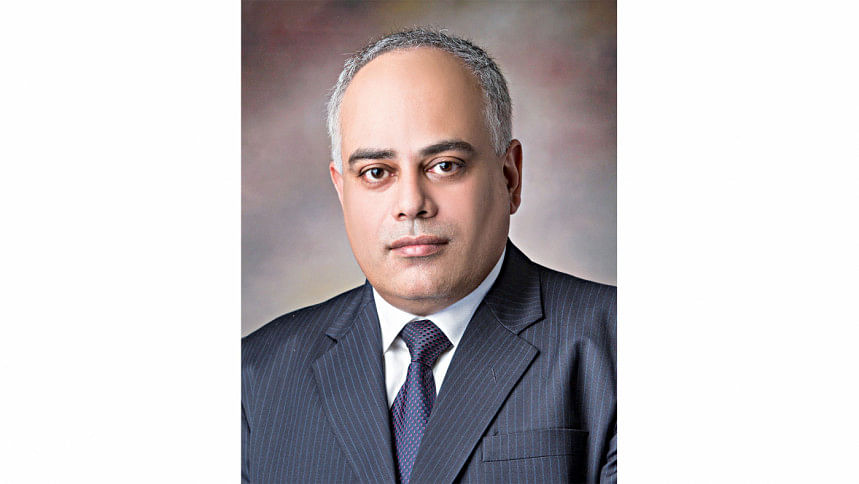The telecom services of the future

The global telecommunication sector is passing through an inflection point. Like other mature sectors, such as utilities, the telecom sector has established itself as a provider of vital services to billions of consumers and practically all business establishments.
While the demand for services is continuously rising, the operators in this sector, particularly the mobile network operators, have little to no pricing power due to the rapid commoditisation of the services and sustained rivalry among competing firms.
The telecommunication sector in Bangladesh is also growing, albeit at a slower pace. The number of mobile subscribers grew 6 percent in December 2023 compared to that in December 2022.
The total number of internet, mobile internet and other types of data subscribers has increased by 6 percent in December 2023 compared to that in December 2022.
As per a PwC analysis, data revenue is now commanding a significant part of the total revenue globally, and this global trend is expected to continue in the coming years. A similar trend is expected to happen in the telecom sector in Bangladesh.
As per the analysis outlined in the PwC Global Telecom Outlook 2023-27, the global data consumption over the telecom network will nearly triple, from 3.4 million petabytes (PB) in 2022 to 9.7 million PB in 2027. However, the revenue from internet access will clock a modest compound annual growth rate of 4 percent and will reach $921.6 billion globally by 2027.
The sector will be driven by two strong forces: the need to maintain the high capex and upgrade the infrastructure and winning the intense price war between the telecom operators to win more customers in saturated markets.
Under such circumstances, mobile network operators need to reshape their strategy in three broad areas: offerings for retail customers, offerings for businesses, and addressing the forces of competition in new ways.
In the retail customer business, the demand will be driven by evolving user preferences and new consumer devices. Video content and games, the key growth hotspots, will play an increasingly important role. By integrating these services seamlessly with the foundational voice and data services, mobile network operators should plan to sustain their revenue growth and average revenue per user.
A similar growth pattern is being seen in the corporate customer segment. As sensors and Internet of Things devices proliferate across shop floors, fleets and other business establishments, customers will increasingly drive up the demand for data using modern technology infrastructure like 5G. The telecom companies' ability to innovate and create solutions for such demand will thus help them stay in the profitable growth curve.
While data services through the mobile networks have seen a high growth in the recent years, this space is going to be far more competitive with the introduction of satellite-based data services from low-earth and medium-earth orbits. A few companies have already started offering data services in some countries.
The telecommunication sector in Bangladesh is going play a key role in realising the Smart Bangladesh Vision. It's, therefore, very important that the sector remains financially viable and economically affordable to foster the growth of the ecosystem – such as digital health services, digital citizen services and digital education. The telecom companies must rework their strategy now and reinvent themselves to remain relevant in the coming years.
The author is a partner with PwC. The views are his own.

 For all latest news, follow The Daily Star's Google News channel.
For all latest news, follow The Daily Star's Google News channel. 



Comments